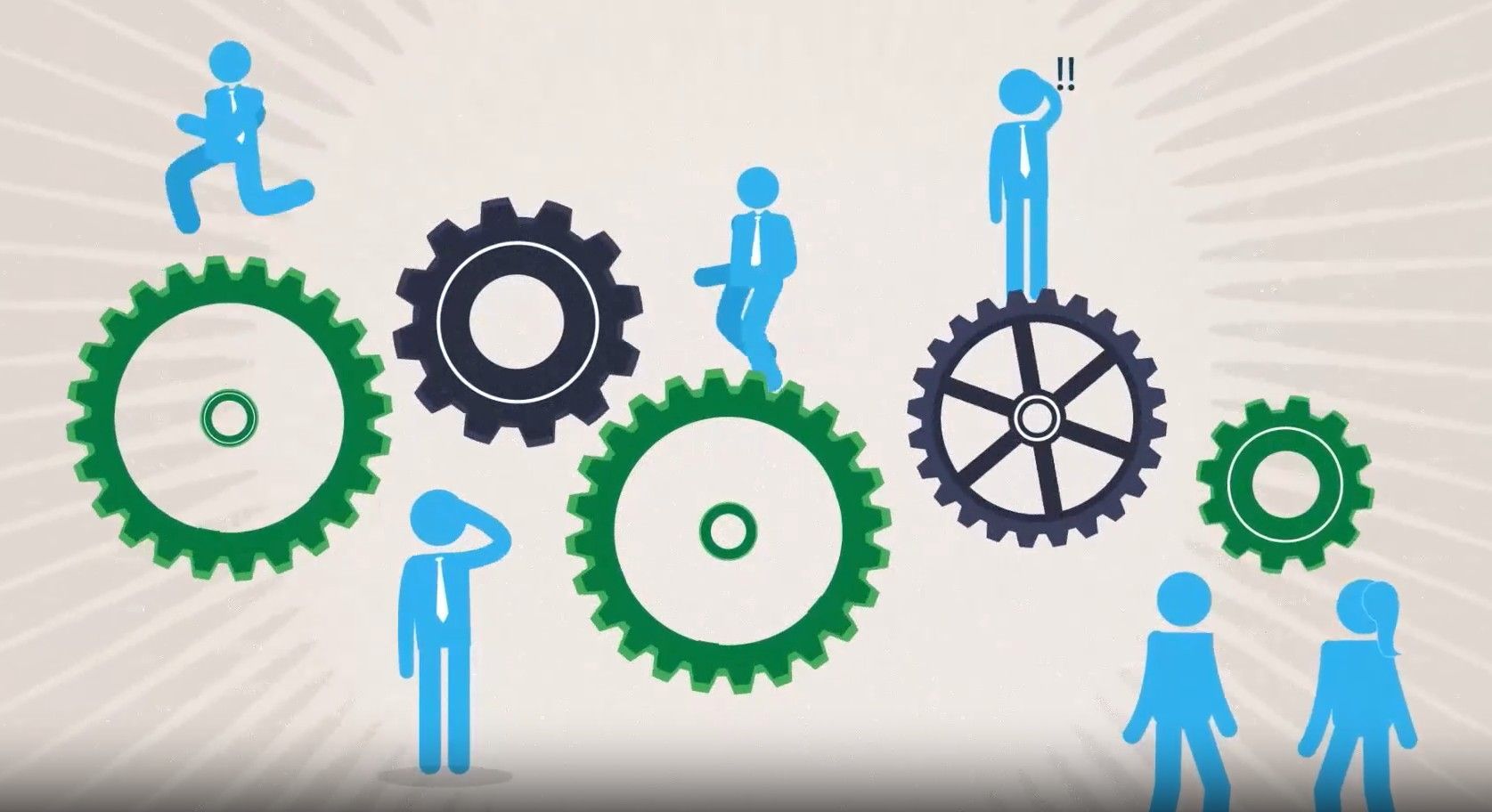Becoming a Business-to-Business Top Producer
August 14, 2025
How can you become one of the very best salespeople and business developers in your industry? A new, complimentary seminar on March 19th can help you find out.
How can 20 percent of business-to-business salespeople bring in 80 percent of all new business? They’re selling the same brands and the same products for the same prices. They’re probably not smarter, working harder, or luckier than you are. Do they have a secret? If so, what is it?
Why don’t the sales techniques that work in smaller single-call sales work in the business-to-business market? Why do salespeople think they do–and continue to use them even as they don’t work year after year?
What’s the single biggest problem that holds most salespeople back from being all they could be ? How do the best salespeople cut their industry’s typical sales cycles so significantly? How do they minimize objections so effectively that they don’t even think about “overcoming” them?
In short, why are the best so successful? More important, how can you become a top producer yourself?
On March 19, at noon (Central) you can get answers to these questions and more during a live Small Business Expo webinar I’m presenting: “Becoming a Business-to-Business Top Producer.” It’s a service of Small Business University Online, which offers seminars on business topics presented by leading industry experts.
Phil Krone is the founder and president of Productive Strategies, Inc., a marketing and management consulting firm he founded in 1993 to help companies, not-for-profits, and professional services firms define and reach their revenue objectives. The company is located in Northfield, Illinois, with clients throughout North America and Europe.
Based on his real-world selling and business development experiences and research, he also developed a proprietary consultative sales training course called FOCIS®, which teaches the behaviors of the very best salespeople–the 20 percent who bring in the 80 percent of the business. The course also develops a customized sales process for individuals, companies, and professional service firms.
A graduate of Duke University with a BA in psychology, Krone holds an MBA from Northwestern University’s Kellogg Graduate School of Management. Before founding Productive Strategies he was president of a manufacturing firm. He is a founder of the Die Casting Development Council, a trade association dedicated to expanding the market for its process.
Krone has contributed to various trade publications and business magazines over the course of his career and writes a monthly marketing and sales column for 10,000 readers. He is the recipient of the Gullo and Trieber Award for marketing excellence and the Austin C. Lilligren Award for service to manufacturers.
A sought-after-speaker, Krone has addressed many groups including the Precision Metalforming Association, the Legal Marketing Association, the North American Die Casting Association, the North American Recycling Institute, the Forging Industry Association, the Kellogg Alumni Entrepreneur Conference, the Polyurethane Manufacturers Association, the Investment Casting Council, and the Commercial Development Association. Popular topics include “The Five Levels of Marketing”, “Collective Marketing Programs for Trade Groups”, and “Using Sales Representatives to Help You Market at Higher Levels.”
The post Becoming a Business-to-Business Top Producer appeared first on Productive Strategies, Inc..










